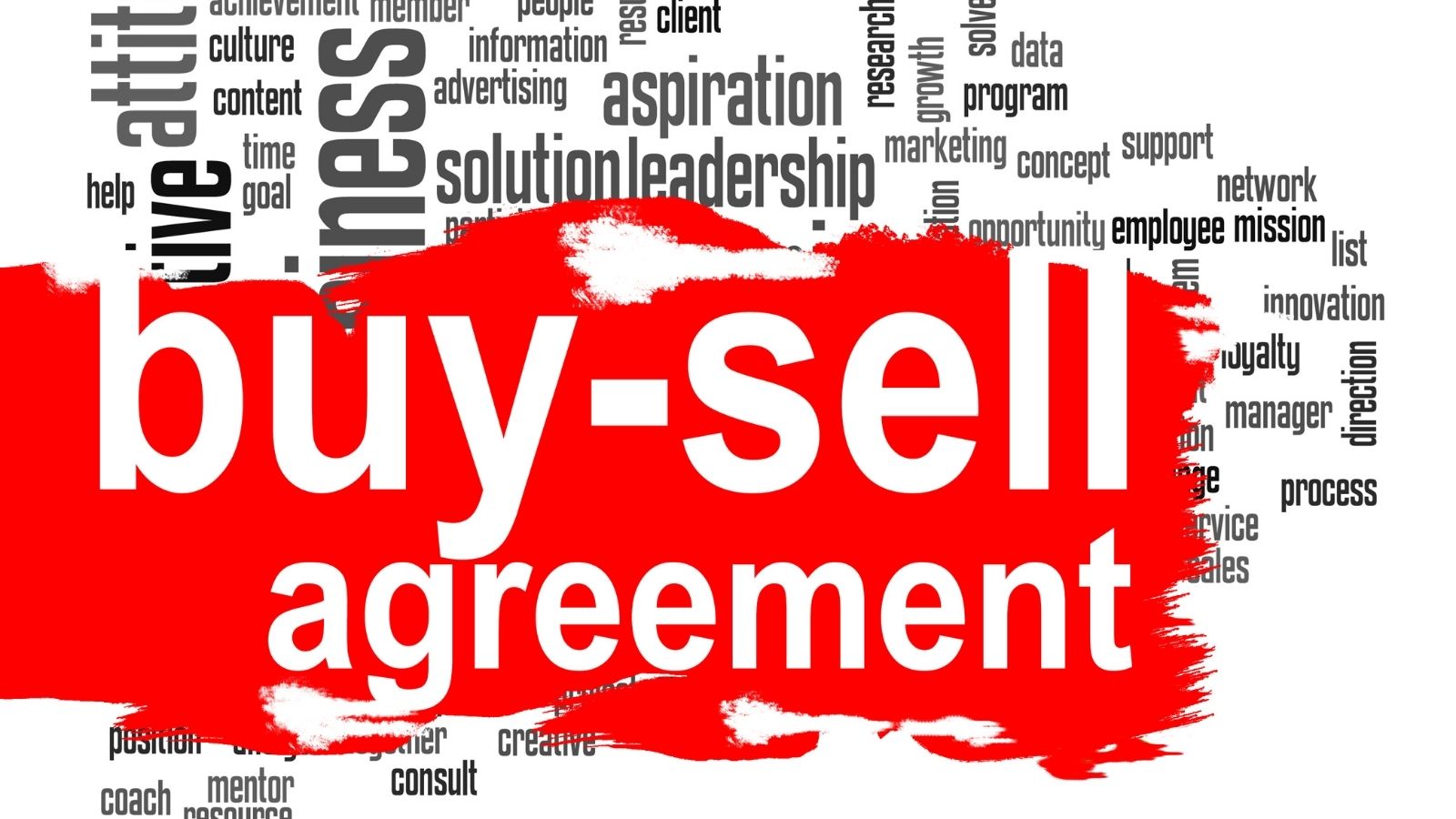By Suzanne Patrick-Lawrence
Part of the succession planning process for any business needs to include a fundamental decision about how the owner will eventually cash out. When the exit strategy includes a plan to eventually sell the business, it can be helpful to learn how to look at business acquisition from the other side of the table. Learning to look at your own business with the eyes of an investor or buyer can be a great way to develop clarity and insight into internal challenges to consider or address.
1. Poor Internal Communication
During the due diligence process when evaluating a company to acquire, there are various “tells” that serve as warning signs that an organization’s leadership and staff do not communicate well. If an office is uncomfortably silent, if the people seem to avoid eye contact, or if the atmosphere seems unwelcoming or unfriendly, there is likely a reason. If the owner of a business has taken steps to prevent people from communicating with each other, or given explicit instructions not to talk to certain individuals, something is very wrong with the business.
2. High Turnover in Key Positions
Related to the issue of communication, another symptom of an unhealthy organization is the inability to keep a person in an important role. If the office manager recently resigned, and the previous office manager was only with the company for six months, there is a strong possibility that they left due to a lack of support or a fundamental inability to make an impact. Part of the solution begins with defining the performance criteria and process flows of each position—regardless of who fills the role. Most importantly, every critical role needs its own succession plan.
3. Weak Leadership
Good to Great author Jim Collins outlines several traits of “Level Five” leaders, (1) showcasing various examples of executives who led their firms to greatness by a combination of humility and fierce determination. Does the company have a clear guiding strategy? Is it crystal clear who’s in charge at all times? When conditions change, such as the COVID-19 pandemic, does the business’s leadership respond with a swift and well-thought-out plan—or does the company fly by the seat of its pants and react emotionally to external conditions? A business needs to develop its leadership in order to grow.
4. Sloppy Bookkeeping
Some bookkeeping issues don’t come to the surface until someone takes a closer look. Unfortunately, many business owners rarely look at their own financial statements, or learn how to read the numbers. Sometimes issues come to the surface during due diligence such as large unexplained balances on accounts receivable, inflated inventory, unpaid sales tax, net profit incorrectly reported, or other issues that the owner was unaware of for multiple years. Accurate books are only part of the picture; a business owner needs to regularly review the financial statements and understand every number.
5. Lack of Operational Data
How does your company make decisions? When a new challenge arises, or when conflict pops up, what data does the management team rely upon in order to diagnose the underlying issue and determine an appropriate response? What data does your company use to evaluate the performance of each team member? Firms that do not implement a data-driven approach will make decisions based on the opinions of individuals. A key to scaling any business, and preparing the business for eventual sale, is implementing an objective framework of management processes.
6. No Clear Competitive Advantage or Brand Strategy
A brand is a crucial element of business survivability, and a brand’s values need to be reinforced by a clear competitive advantage in the marketplace. A company’s leadership needs to understand the firm’s capabilities in order to create a brand with values that endure beyond the current team. Scaling a business requires investing the time and energy to develop proprietary processes and intellectual property. Many firms never take the necessary steps to develop a true brand, even though a brand is one of a company’s most valuable assets.
We’re Here to Help
Are you planning to eventually sell your business or considering different exit strategy options? If you would like to discuss how our firm can help you prepare for retirement and set up the foundation of your business to support your goals, contact Advisor Business Solutions by emailing [email protected] or calling 562-439-4804 to learn how we can help.
About Suzanne
Suzanne Patrick-Lawrence is the CEO of Advisor Business Solutions. She is a business planning and communications specialist with over 20 years of experience developing business and marketing strategies for financial services, global corporations, government agencies, nonprofits, and small businesses. She is passionate about working with financial advisor practices seeking guidance, support, and structure to position their firms for a successful transition. To learn more about Suzanne, connect with her on LinkedIn.
__________
(1) https://www.jimcollins.com/concepts/level-five-leadership.html






Awesome article and very informative!